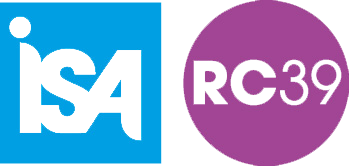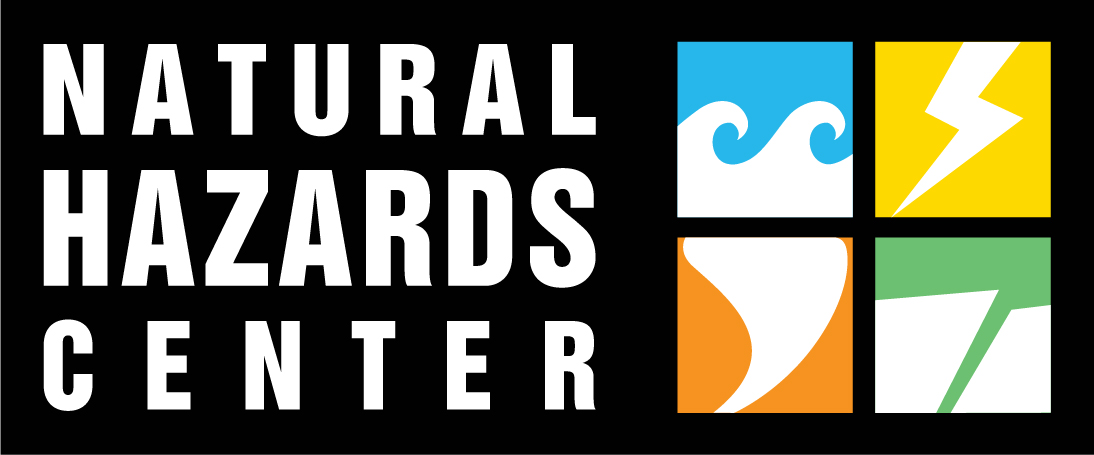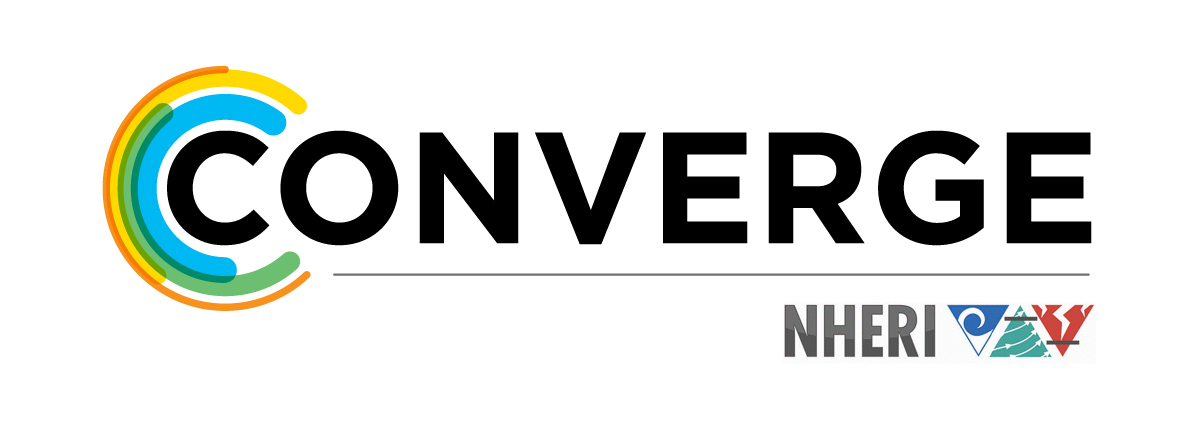Researchers Meeting
Virtual Meeting - Wednesday, July 14 to Thursday, July 15, 2021
Advances in Longitudinal Disaster Recovery Research

The 2021 Researchers Meeting will highlight methodological frontiers in longitudinal disaster research while also focusing on empirical, theoretical, and modeling advances in the study of long-term recovery.
Disasters are affecting more people and places, and researchers have powerful tools to address that challenge. Members of our community conducted a great deal of longitudinal research after the 2004 Indian Ocean earthquake and tsunami, Hurricane Katrina in 2005, the BP Oil Spill in 2010, the 2011 triple disasters in Japan, and many other events. This work has led to important breakthroughs in the methodological and ethical conduct of long-term disaster research, and the findings are enriched by using a longer time span to examine cascading impacts.
This year’s meeting represents a pivotal opportunity to take stock of how the longitudinal lens has advanced our field. Plenary and thematic sessions will address a number of questions related to longitudinal disaster recovery research, including:
What major progress has been made in qualitative, quantitative, and mixed-methods longitudinal research?
What longitudinal datasets are available for the study of long-term recovery?
What has been learned from multidisciplinary, comparative, or cross-cultural research on long-term disaster recovery?
What are the most effective measures of long-term disaster recovery for the environment, infrastructure, the public sector, and distinct population groups?
What factors contribute to or inhibit individual, family, housing, school, business, community, and national recovery efforts?
How does the intersection of race, class, gender, age, and other socio-demographic characteristics influence the speed at which populations recover? How do these same factors influence the sustainability of recovery?
How can we incorporate recovery research into practice and policy? And what are the most effective approaches for studying how policy influences long-term recovery outcomes?
We need a wide and varied range of voices to answer these questions. Diverse researchers from all disciplines and all career stages are welcome.
Please note that while our program focus is on the questions above, concurrent sessions are always structured to provide researchers with the opportunity to present whatever hazards and disaster topics they are currently engaged with. We hope you will join us as we work together to advance hazards research and disaster science.
The Researchers Meeting is organized by the International Sociological Association Research Committee on Disasters (ISA-RC39) with the support of the Natural Hazards Center and the Natural Hazards Engineering Research Infrastructure (NHERI) CONVERGE facility at the University of Colorado Boulder.




This meeting is supported by the National Science Foundation (NSF), Division of Civil, Mechanical, and Manufacturing Innovation (CMMI) (Award #1841338 and Award #1635593). Any opinions, findings, conclusions, or recommendations expressed in this meeting are those of the participants and do not necessarily reflect the views of the NSF.